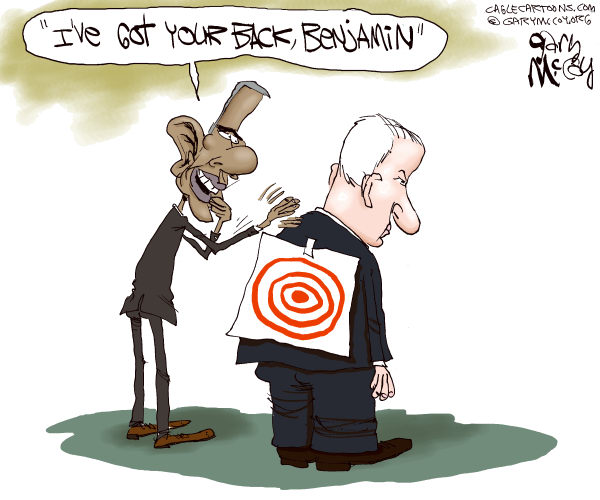Post by Dixie on Oct 14, 2015 12:39:51 GMT -6
Sweden is becoming the world's first cashless society
By Duncan Geere
Transactions are increasingly happening on smartphones

For decades, economists have been talking about 'cashless societies' - where all transactions are performed digitally. No country in the world has yet made that a reality, but a few are getting close, and the forerunner is Sweden.
Industrial technologists at Stockholm's KTH Royal Institute of Technology have just published a study that shows how fast cash is disappearing in Sweden. "Our use of cash is small, and it's decreasing rapidly," says Niklas Arvidsson, an author of the study.
Arvidsson's team calculated that there are just 80 billion Swedish crowns (about €8 bn) in circulation in the country's wallets and cash registers - down from 106 billion just six years beforehand. "And out of that amount, only somewhere between 40 and 60 percent is actually in regular circulation," he says.
Walking the streets of Sweden's second city, Gothenburg, it's almost impossible to find a shop that doesn't accept bank cards for payment, and most locals tend to carry no coins or notes on their person. Many also make use of an app called Swish, a collaboration between Swedish and Danish banks that permits fast, simple money transfers on smartphones.
Money Laundering and Terrorist Financing
Banks are also going down the same path - several branches have opened that won't accept cash. "At the offices which do handle banknotes and coins, the customer must explain where the cash comes from, according to the regulations aimed at money laundering and terrorist financing," says Arvidsson. Any suspicious cash transactions are reported to the police.
But there is concern, noted in the report, about those being left behind by the transition. Homeless people and undocumented immigrants, as well as the elderly, can struggle to access digital services through computers and smartphones. In a cashless society, vulnerable sectors of society will be increasingly reliant on Sweden's generous social security system.
Also, Arvidsson says it may be difficult to replicate Sweden's success internationally. "Swish is a brilliant idea, but to introduce it internationally is a challenge, not least because it takes a long time to change other countries' banking systems from scratch," he said. "But it is not impossible that a Swish-based banking revolution can also occur abroad."
Source Link
By Duncan Geere
Transactions are increasingly happening on smartphones

For decades, economists have been talking about 'cashless societies' - where all transactions are performed digitally. No country in the world has yet made that a reality, but a few are getting close, and the forerunner is Sweden.
Industrial technologists at Stockholm's KTH Royal Institute of Technology have just published a study that shows how fast cash is disappearing in Sweden. "Our use of cash is small, and it's decreasing rapidly," says Niklas Arvidsson, an author of the study.
Arvidsson's team calculated that there are just 80 billion Swedish crowns (about €8 bn) in circulation in the country's wallets and cash registers - down from 106 billion just six years beforehand. "And out of that amount, only somewhere between 40 and 60 percent is actually in regular circulation," he says.
Walking the streets of Sweden's second city, Gothenburg, it's almost impossible to find a shop that doesn't accept bank cards for payment, and most locals tend to carry no coins or notes on their person. Many also make use of an app called Swish, a collaboration between Swedish and Danish banks that permits fast, simple money transfers on smartphones.
Money Laundering and Terrorist Financing
Banks are also going down the same path - several branches have opened that won't accept cash. "At the offices which do handle banknotes and coins, the customer must explain where the cash comes from, according to the regulations aimed at money laundering and terrorist financing," says Arvidsson. Any suspicious cash transactions are reported to the police.
But there is concern, noted in the report, about those being left behind by the transition. Homeless people and undocumented immigrants, as well as the elderly, can struggle to access digital services through computers and smartphones. In a cashless society, vulnerable sectors of society will be increasingly reliant on Sweden's generous social security system.
Also, Arvidsson says it may be difficult to replicate Sweden's success internationally. "Swish is a brilliant idea, but to introduce it internationally is a challenge, not least because it takes a long time to change other countries' banking systems from scratch," he said. "But it is not impossible that a Swish-based banking revolution can also occur abroad."
Source Link


